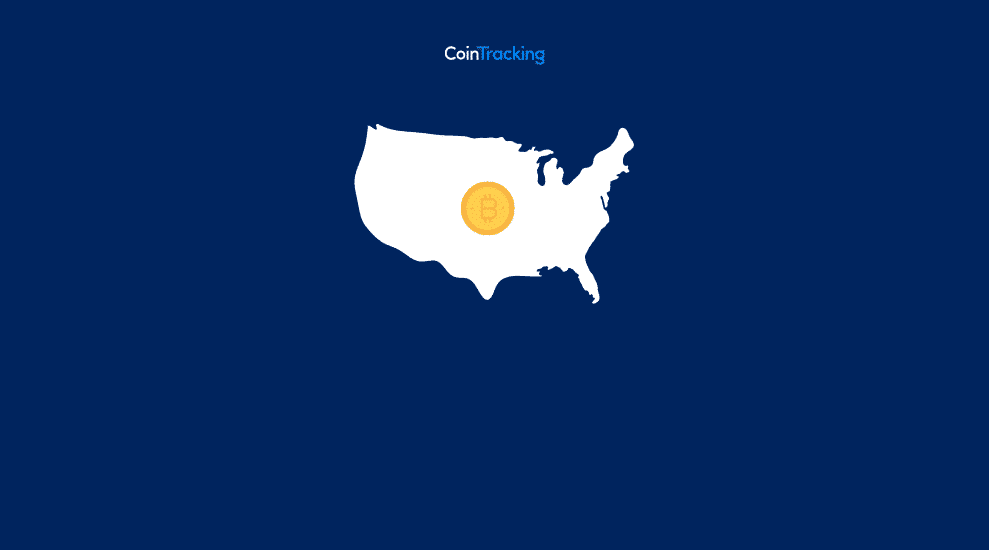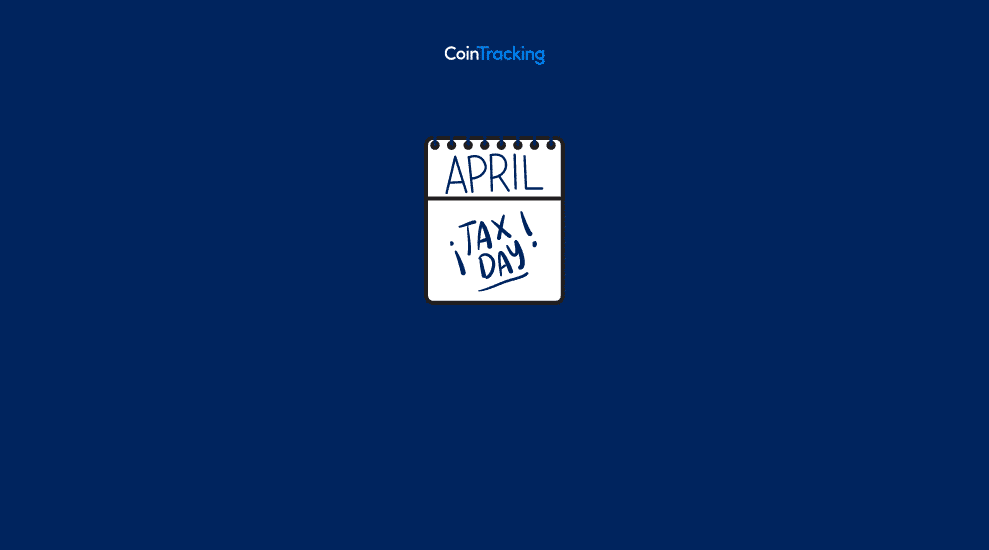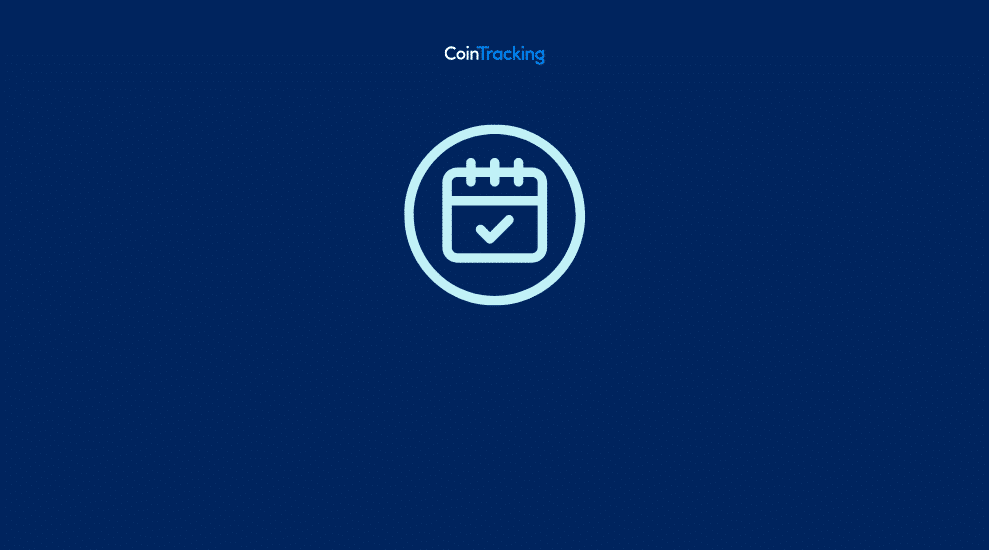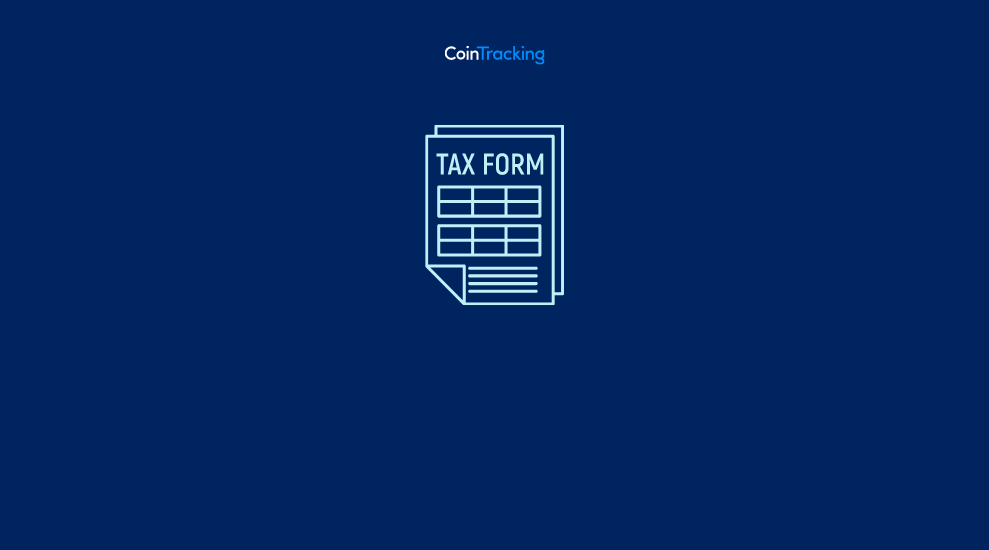NFT Taxes in the US – The Ultimate Guide 2024
20 Sep, 2023 · 37 min read
NFT taxes are here to stay after many doubts among investors on how Non-Fungible Tokens are taxed in the United States.
If you’re an NFT trader or an NFT creator, there are several crypto tax requirements you should follow. In this guide, we’ll clarify everything from the NFT tax rate in the US to how to report NFT taxes and much more!
What are NFTs?
Non-Fungible Tokens (NFTs) are uniquely identified tokens (non-fungible), meaning they cannot be replicated.
NFTs can be issued on several blockchain networks, with Ethereum being the most popular, while several blockchains, such as Cardano and BSC, are becoming more relevant in the NFT space.
Recently, the Bitcoin network announced a protocol that enables it to issue Bitcoin-based NFTs, called Ordinals, reaching all-time high levels of activity in the network due to this launch.
Do I have to report NFTs on my tax return?
Yes, if you trade NFTs, you would have to report gains/losses in your taxes (in the right tax forms) in the US.
If you trade any crypto for NFTs or vice versa, you’d need to determine the gain/loss on each trade and then report it on Form 8949 and Schedule D of Form 1040.
If you’re an NFT creator, you’d have to report the income you receive from your NFT sales in your US Individual Income Tax return as ordinary income. Learn more about reporting crypto taxes in the US.
Do I have to report NFTs on my tax return?
Yes, if you trade NFTs, you would have to report gains/losses in your taxes (in the right tax forms) in the US.
If you trade any crypto for NFTs or vice versa, you’d need to determine the gain/loss on each trade and then report it on Form 8949 and Schedule D of Form 1040.
NFT tax overview
NFTs are taxed similarly to cryptocurrencies, being subject to capital gains taxes if you’re an investor/trader in the US.
Whereas, if you’re an NFT creator, you’d be taxed at an income level based on the net proceeds (total sales proceeds – costs of creation) of your NFT sales.
NFTs are also reported differently depending on whether you’re just trading crypto/NFTs or creating and selling them. Let’s cover this in more detail.
Taxable NFT transactions
In the US, selling an NFT is a taxable event, regardless if you sell it for another NFT, a cryptocurrency, or FIAT (e.g., USD).
Moreover, if you sell any of your cryptocurrency for an NFT, you’d also have a taxable event, subject to capital gains taxes.
Anytime you sell any of your crypto holdings, from coins to NFTs, you’re taxed in the US.
Non-taxable NFT transactions
There are a few NFT transactions that are not taxable in the US, including:
- Holding NFTs without selling them
- Moving NFTs between different crypto wallets (personal wallets) that you own is not a taxable event in the US
- Gifting NFTs to a friend or family member within the annual gift tax exemption amount
- Donating NFTs to a charitable organization
How are NFTs taxed?
Trading NFTs is a taxable event in the US, subject to capital gains taxes, with your tax rate depending on the holding period of your NFT.
You can be taxed between 0% and 37%, depending on the type of tax rate, every time you sell crypto for an NFT or an NFT for cryptocurrency, another NFT, or FIAT (e.g., USD).
What if you’re an NFT creator? Let’s cover it in more detail.
NFT taxes for creators
NFT creators are taxed differently than NFT investors based on the net proceeds of their NFT creations.
NFT creators should determine the total sales proceeds of their art and deduct the cost associated with their creations.
Finally, NFT creators should report their net proceeds in their Income Tax Returns, alongside any other income they had during the tax year.
If the NFT creator is creating and selling NFTs as a business, they will need to report their NFT sales and deduct associated expenses on Schedule C of their tax return unless they have formed a legal entity, which requires a separate tax return filing.
Taxes on minting an NFT
If you mint an NFT, you can take the cost you paid for doing the minting as your cost basis in the NFT. Minting NFT is not a taxable event in the US, but if you sell the NFT, the realized gain would be subject to capital gains tax. Also, if you pay the minting fee with a crypto, the deemed sale of crypto for NFT would be a taxable event.
Taxes on selling an NFT as a creator
As an NFT creator, you should determine the net proceeds of your NFT sales every time you sell one, deduct the costs related to its creation, and report the net proceeds as income on your tax return.
Taxes on earning royalties on NFTs
If you earn royalties on your NFTs, you should recognize the Fair Market Value (in USD) of each batch of royalties you receive, and that FMV will be added to your income for the tax year.
You should then report all those FMVs in your income tax return.
NFT taxes for investors
NFT investors are taxed at the capital gains level in the US, with rates ranging from 0% to 37%, depending on their holding period.
Taxes on buying an NFT with FIAT
If you’re buying an NFT with FIAT (e.g., USD), you won’t be taxed on that transaction, but that will become your cost basis for when you sell it. Buying crypto or NFTs with FIAT (e.g., USD) are not taxable events in the US.
Taxes on selling an NFT
Every time you sell an NFT for another NFT, cryptocurrency, or FIAT (e.g., USD), you’d get taxed at a capital gains level, with tax rates ranging from 0% to 37%.
If you sell any crypto for an NFT, you’d also have to report its gain/loss in your taxes.
NFT taxes on airdrops
If you win an NFT from an airdrop, you’d need to recognize its Fair Market Value (in USD) at the time you received it.
When you report your NFT taxes, you’d have to include that FMV (in USD) in your income tax return alongside other income you have (crypto and non-crypto).
Paying tax on donating NFTs
When you donate crypto or NFTs to a charitable organization, you don’t need to pay taxes, and you can even take a tax deduction based on the FMV of the NFT you donated if you have held the NFT for more than 12 months. Otherwise, you can only deduct your cost basis from the donation.
You can take a tax deduction for donating your NFT to a charitable organization in the US if you claim an itemized deduction in your tax return.
How to pay tax on NFTs in play-to-earn games?
If you earn NFTs as a reward from play-to-earn games, you’d have to report the Fair Market Value (in USD) of each NFT at the time you received it.
Every time you receive any NFT as a reward from Web3-based games, you need to determine their FMV. All the NFT income from play-to-earn games has to be reported in your Income Tax return at the end of the tax year.
How are NFT gas fees taxed?
NFT gas fees related to the purchase or sale of NFTs can be deducted from your total NFT gains as an investor, reducing your total capital gains and effectively lowering your NFT taxes. Gas fees related to the transfer of NFTs are not deductible for individual investors.
NFT gas fees can also help lower your taxable income if you’re an NFT creator, as you can deduct those fees from your total sales proceeds.
Tax on worthless NFTs & treatment of losses
If the NFTs were bought or minted and now they become worthless, you can take a worthless loss deduction, and the loss can be used to offset your taxable capital gain.
How to report NFTs on taxes?
In the US, you have to report your NFT transactions on your tax return in different tax forms depending on if you are an investor or creator.
In either case, you need to track your NFT transactions, and the easiest way to do so is with crypto tax software like CoinTracking. In particular, our NFT Center is your go-to hub for NFTs. Let’s cover NFT taxation reporting in more detail.
For NFT Investors
NFT investors have to determine their NFT gains/losses on each trade and report their gains/losses on the right tax forms. NFTs are taxed and reported similarly to cryptocurrencies in the US.
NFT capital gains taxes for investors should be reported on Schedule D of Form 1040 and Form 8949.
For professional & hobby NFT creators
NFT creators, regardless of whether they create NFTs professionally or as a hobby, need to report their income from NFT sales.
After determining the net proceeds for each NFT sale (total sales proceeds minus costs of creation), NFT creators need to include that income in their Income Tax Return (Form 1040).
If you are creating NFTs as a hobby, you should report your NFT income as miscellaneous income on Schedule 1 of your Form 1040.
Professional NFT creators will need to report their NFT income and expenses on Schedule C and pay self-employment tax on their net income if they are running their NFT business as a sole proprietor or single-member LLC.
How to reduce NFT taxes?
Here’s how to legally reduce NFTs taxes in the US if you are an NFT investor:
Track your NFTs and hold them for over 12 months
Holding your NFTs for over 12 months before selling them for other NFTs, crypto, or FIAT will enable you to get a long-term capital gains tax rate on your gains, ranging from 0% to 20%.
Donate your NFTs
Donating NFTs to a charitable organization can reduce your taxes by claiming an itemized tax deduction, effectively lowering your other capital gains.
Move to a NFT tax-free country
Several crypto-tax-free countries don’t tax cryptocurrency investors (including NFTs). Here are some NFT tax-friendly countries:
- Portugal
- Germany
- Puerto Rico
- Cayman Islands
- UAE
Use a Tax calculator for NFT taxes
Using a tax calculator like CoinTracking for your NFT taxes is the easiest way to track if you’re eligible for a long-term capital gain tax rate and to make sure you’re compliant with all the tax rules.
Do I pay sales tax when buying NFTs?
Some NFT providers in the US may charge sales taxes on NFTs, increasing the total price of the NFT for buyers.
How to easily calculate NFT taxes
You can easily calculate your NFT taxes with the help of a crypto tax software that can:
- Import your NFT trades from different crypto wallets and networks. For example, with CoinTracking, you can paste your Ethereum address and import your NFT transactions.
- Determine the gains/losses on each NFT trade (NFTs to NFTs, NFTs to crypto and vice versa, and NFTs to FIAT)
- Generating the right tax forms to declare your NFT gains and income.
NFT Tax in other countries
Canada
Canada taxes NFTs similarly to cryptocurrencies, incurring a taxable event when you sell an NFT for another NFT, cryptocurrency, or FIAT, becoming subject to capital gains taxes.
Learn more about NFT taxes in Canada.
Australia
In Australia, you will be subject to capital gains taxes when you sell NFTs for NFTs, cryptocurrencies, and FIAT (e.g., AUD).
Discover everything about NFT taxes in Australia.
UK
The UK taxes the disposal of NFTs (for other crypto, NFTs, and pounds), leading investors to pay capital gains taxes. Find out more about NFT taxes in the UK.
Frequently asked questions
about NFT-Taxes in the US
Conclusion
Selling and trading NFTs are taxable events in the US, creating reporting requirements for investors and artists. Tax rates can depend on your holding period and type of transaction but can reach over 40% in some cases.
Nevertheless, there are a few legal ways to reduce your NFT taxes by long-term holding or deducting losses. The best way to know if you’re eligible for a long-term tax rate on your NFTs is to track them with CoinTracking, determine all of your gains and income, and generate the right tax reports for your NFT transactions.
Share this









